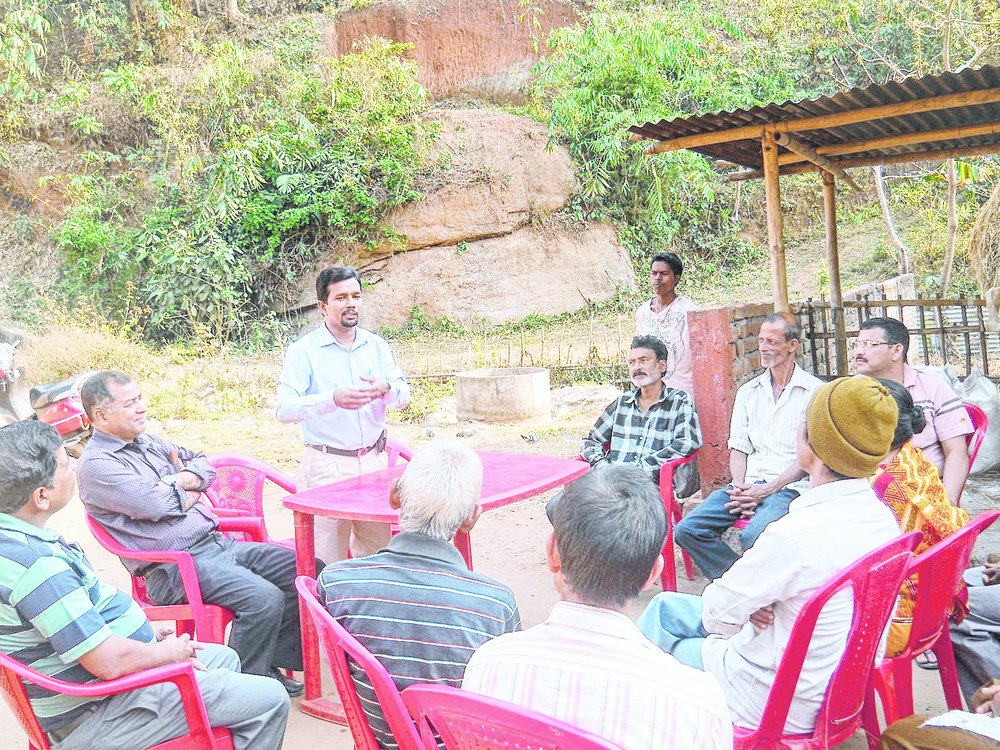
Guwahati, July 19: Milk producers in the city have reported an increase in productivity by using better methods and practices.
This was revealed after a students' team from Swedish University of Agricultural Science, Sweden, had come last year to carry out an impact assessment of the training provided to milk producers under an initiative supported and financed by Nairobi-headquartered International Livestock Research Institute (ILRI).
A total of 356 dairy producers from the city were trained in 2013-14. They were given certificates recently on completion of their training at a programme held here. ILRI conducted the training for the unorganised milk producers and designed a customised training manual for them.
"The impact assessment study has revealed that milk productivity of the trained group of producers has increased by about 11.7 per cent compared to the untrained group. They also found that prevalence of subclinical mastitis - a disease - has reduced significantly in dairy cows of the trained group," scientist Ram Pratim Deka of Food Safety and Zoonosis told The Telegraph at the Guwahati office of ILRI.
Deka said it was found that knowledge, attitude and practices of the trained group had improved significantly. "Cost of production and trading increased after the training. The demand of milk, produced by the trained group, also increased," he said.
Deka added that certificates were given to the unorganised milk producers to encourage them in improving the hygiene and quality of milk. A committee was constituted in each area to monitor whether the trained producers were following the new practices.
Assam's milk market is dominated by unorganised milk producers, vendors, sweet makers and cottage processors. The sector handles about 97 per cent of the total milk marketed in the state.
Though the sector is viewed negatively, consumers buy milk from the unorganised milk producers because of convenience and the producers also prefer to sell milk to them as they offer much higher prices than the dairy plants.
"The initiative suggests that if a training programme is meticulously designed, effectively executed and followed up, it can bring positive changes in knowledge, attitude and practices that can result in increased productivity of milk by about 10 per cent with little or no additional investment on land, labour and livestock," Deka said.
President of Brihattar Guwahati Gopalak Sanstha, Baburam Poudel, said the training was beneficial to them as it had helped change their attitude and also helped increase productivity. "It would be beneficial if the training programme was adopted across the state," he said.










